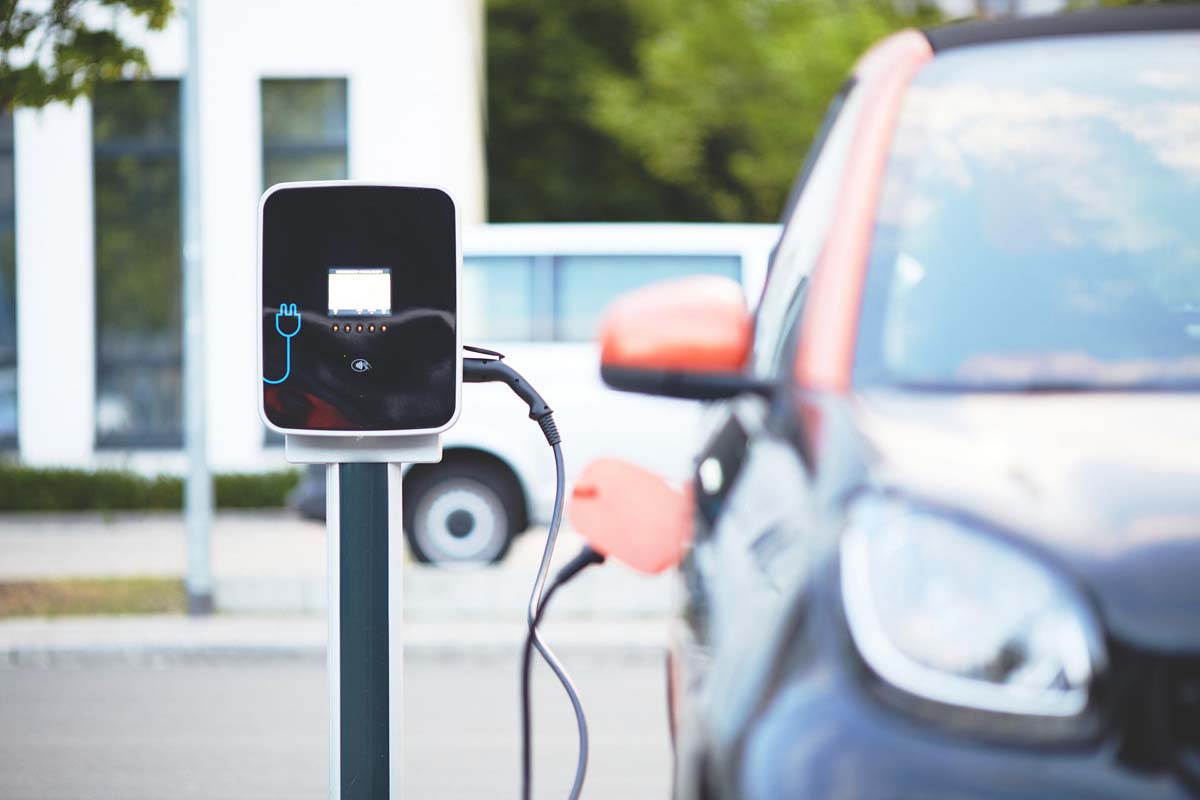
(MENAFN) As global electric vehicle (EV) sales growth experiences a notable slowdown, both automakers and policymakers find themselves grappling with a fundamental question: is this deceleration merely a temporary setback, or does it signal deeper-rooted challenges ahead?
One perspective posits that despite current resistance to higher prices, consumers worldwide will inevitably yield to the allure of electric cars. With their silent operation, exhilarating acceleration akin to sports cars, and long-term cost savings, electric vehicles possess inherent advantages. As prices gradually align with or undercut those of traditional gasoline-powered counterparts, and as charging infrastructure proliferates, a tipping point may be reached where consumer preferences permanently shift towards electric alternatives.
Conversely, a more disconcerting scenario emerges if prices remain stagnant and infrastructure concerns persist. In this narrative, consumer resistance to electric vehicles becomes entrenched, casting doubt on the feasibility of achieving ambitious decarbonization targets. Without the widespread displacement of petrol and diesel cars, long-term environmental goals appear increasingly elusive.
The looming question then becomes: how will policymakers respond if consumers prove reluctant to embrace electric vehicles? Some, like Jim Ratcliffe, president of Ineos, argue that coercion is ineffective; consumers cannot be forced into adopting new technology. Norway's approach, which incentivizes electric vehicle adoption through punitive measures against gas-powered cars such as increased taxes, has yielded promising results. However, the backlash witnessed during the Yellow Vest protests in France against fuel tax hikes serves as a stark reminder that such strategies may not universally resonate.
Thus, at this critical juncture, the paths to accelerating electric vehicle adoption diverge. Will policymakers backtrack on net-zero emissions pledges in the face of consumer resistance, or will they redouble efforts to stimulate electric car sales through innovative incentives and infrastructure investments? The answer to this question not only shapes the future of transportation but also holds profound implications for global sustainability endeavors.
MENAFN04042024000045015682ID1108057864

Legal Disclaimer:
MENAFN provides the information “as is” without warranty of any kind. We do not accept any responsibility or liability for the accuracy, content, images, videos, licenses, completeness, legality, or reliability of the information contained in this article. If you have any complaints or copyright issues related to this article, kindly contact the provider above.